£3.5 million funding boost for international space projects in the region
International space projects from three Space South Central organisations are getting a £3.5 million funding boost from the UK Space Agency’s International Bilateral Fund (IBF).
Collaborations from Alton-based In-Space Missions, Guildford-based Surrey Satellite Technology Ltd (SSTL), and Space South Central partner, the University of Southampton, were among 11 projects from across the UK awarded Phase 2 IBF funding.
The UK Space Agency’s £20 million IBF aims to support UK organisations to work directly with international partners on exciting and innovative projects and highlight the breadth expertise across the UK’s thriving space sector. Phase 1 funded 32 projects up to £75,000 each, all of whom entered into a highly competitive process for further funding from Phase 2.
The IBF was bolstered by a co-funding commitment from the Australian Space Agency worth AUS $3 million, demonstrating the success of the UK-Australia Space Bridge. Aquawatch-AUK, led by SSTL, is among the Australian Space Agency-supported schemes.
Awarded £1 million IBF funding, the project is using disruptive space technologies to develop a world-class integrated water quality monitoring and forecasting system for use across the UK, Australia and beyond.
Aquawatch-AUK brings together space and water experts to create an innovative approach to assessing and predicting water quality and its impacts on ecosystems, and a pathway to strategic sharing of a satellite solution between the UK and Australia.
SSTL is working with UK organisations Assimila, RAL Space, Pixalytics, Centre for Environment, Fisheries and Aquaculture Science, Commonwealth Scientific and Industrial Research Organisation, and Australia-based SmartSat CRC and Airbus in Asia Pacific.
Head of the Australian Space Agency, Enrico Palermo, said: “By working with our international partners like the UK, we can continue to grow the Australian space sector while delivering outcomes that benefit communities in both of our nations.
“From addressing food security and water scarcity to the health of our waterways, the projects being supported through this fund reiterate how space can help address the biggest global challenges we are facing – as well as the power of working together to solve a common problem.”
The Faraday Dragon Rideshare Mission from In-Space Missions and partners in the UK, Taiwan, Philippines, Thailand, Singapore and Vietnam, was awarded £1.5 million.
Faraday Dragon Satellite in Orbit. Image credit: In-Space Missions.
Aiming to accelerate space technology and business through payload development, In-Space Missions is working with Oxford Space Systems and international partners from the Taiwan Space Agency, National Tsing Hua University (Taiwan), Philippine Space Agency, The Geo-Informatics and Space Technology Development Agency (Thailand), Office for Space Technology and Industry (Singapore), A*STAR Research Entities, Institute for Infocomm Research (Singapore), Addvalue (Singapore), National University of Singapore, and Vietnam National Space Centre.
Tony Holt, Director of Business Development and Propositions at In-Space Missions, said:
“The success of Faraday Dragon has exceeded our expectations and additional funding will enable us to progress the technology readiness levels for the down-selected payloads.
‘With five organisations already interested in flying their innovative space technologies on the spacecraft, we’re confident we’ll have an interesting mix of complementary capabilities on our first Faraday Dragon rideshare mission.
“We hope that by encouraging multiple customers to participate in rideshare missions, we can offer a more cost effective and sustainable approach to space.”
The IBF awarded £1 million to a UK-US collaboration including Space South Central partner, the University of Southampton, which will develop the UK’s Hall thruster propulsion capabilities. The university has joined forces with Airbus Defence & Space and Pulsar Fusion in the UK, and the University of Michigan and Starlight Engines in the USA for the project.
Dr Charlie Ryan, an Associate Professor at the University of Southampton, said:
“Hall thrusters are by far the most utilised type of propulsion in space, and this project will improve the UK’s capability in this key technology.
“Working with the University of Michigan – which has a world-leading research lab in Hall thruster development – and several UK and US-based start-ups, will foster a long-lasting US relationship and develop Hall thrusters that can operate well on alternative propellants.”
Dr Paul Bate, Chief Executive of the UK Space Agency, said:
“The projects supported by our International Bilateral Fund champion the best of British innovation, while strengthening our ties with the wider space community.
“Together we can break new ground, further our understanding of the Universe and use the vast power of space to protect and benefit lives on Earth.”
Space South Central’s International Partnerships Manager, Toby Marchant, said:
“Hampshire, Surrey and the Isle of Wight are home to world-class space innovation and expertise and we’re committed to bringing our 170 space-related organisations opportunities to work and trade with countries around the globe.
“It’s fantastic news that the UK Space Agency is investing £3.5 million into our region, accelerating three exciting projects that will have far-reaching impact and further develop our international relationships.”
News of the funding coincided with the start of the 39th Space Symposium, running from 8-11 April in Colorado Springs, USA. Bringing together more than 10,000 people from the global space industry, the UK will be represented by organisations including the UK Space Agency and UK Research & Innovation (UKRI). Exhibitors include global heavyweights Airbus Defence & Space, BAE Systems, Eaton Corporation and Lockheed Martin, all of which have bases in the Space South Central region.
Find out more about how Space South Central supports international collaborations with the region’s space sector at spacesouthcentral.com/global.

